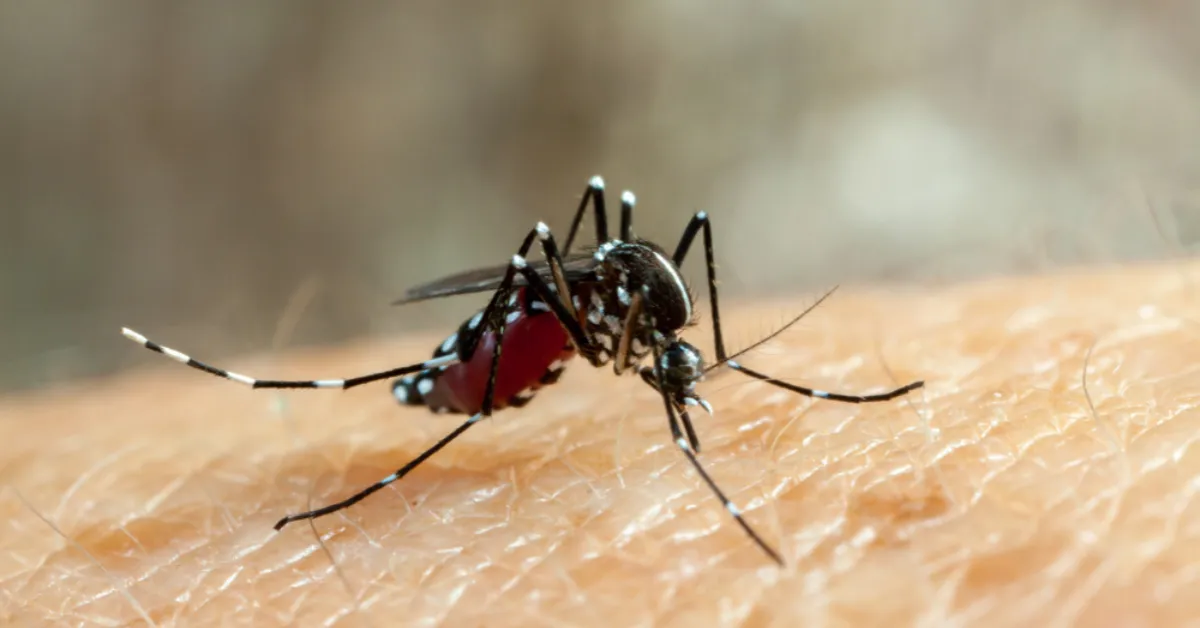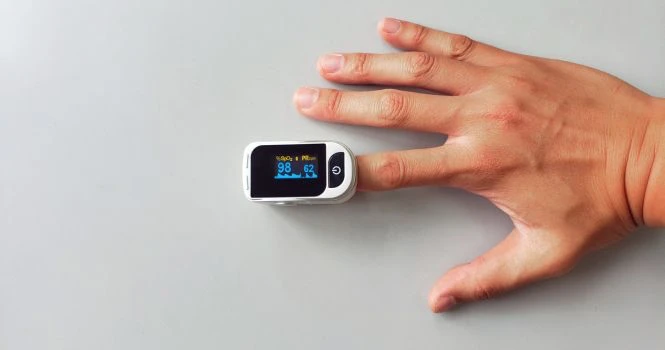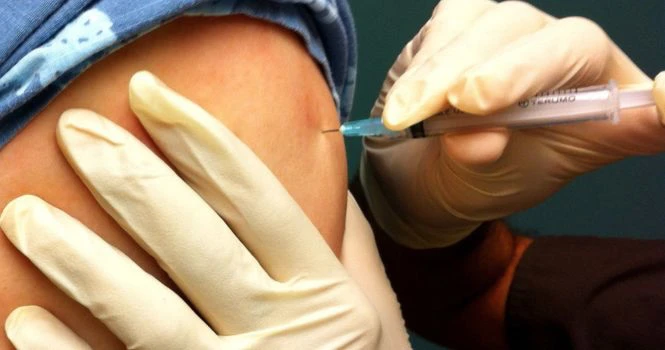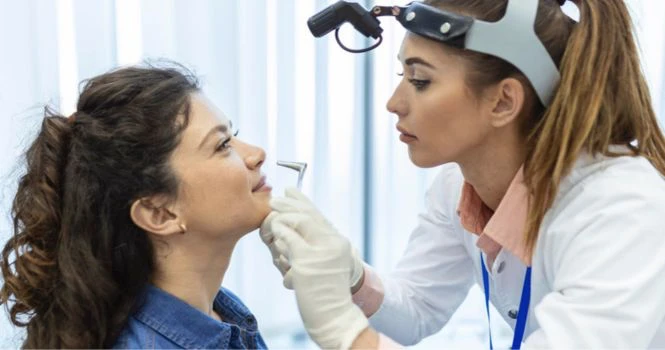How to Prevent Piles at Starting Stage
Just the sight of blood on the tissue paper or in the commode after emptying the bowels, is a scary sight. It is important to take steps right away and take one step at a time to change your eating habits and to get moving everyday and get some required exercise.
Let’s see the symptoms and then the preventive steps later
First symptoms of Piles
You could notice anyone of the following
- Uneasy feeling in the anal region
- Pain and discomfort in the anal area
- Itching
- Bright red blood along with the passing stools or immediately after defecating
- Swollen lumps around the anus which may be sensitive to touch
- Bleeding
- Prolapse
- Mucus discharge
Make sure it is important to differentiate between Piles, Fissures and Fistulas or any other anorectal disease.
Click Here to to know the difference between Piles, Fissures and Fistula
Preventive Steps to take to prevent Piles
1. Lifestyle Changes
Daily Regular Exercise
Make sure you don’t lead a sedentary lifestyle. Start to cultivate good habits like Walking everyday for 15 minutes and increase the duration as you are comfortable with it.
If health permits then jogging, swimming and you could take up a sport, like badminton, just to keep fit. Not only will your mood be good, it will help you prevent piles.
Maintain Healthy Weight
Excess body weight puts pressure on the pelvic and rectal areas, increasing the risk of piles. Check your weight and height and Calculate your BMI. Make sure to try to get within the normal range.
Stay Hydrated
Drink plenty of water and stay hydrated at all times to soften the stools. Remember the more fiber you eat, you would require more water to push it out.
Avoid Prolonged Sitting
Standing or moving periodically throughout the day can help reduce pressure on the rectal area. Even though most of us have jobs which require sitting for longer duration; it is important to take breaks and walk to drink water which is placed at the farther end of the office. Keep Moving at regular intervals.
Practice Good Bathroom Habits
Don’t delay bowel movements and avoid straining during them. When you feel the urge to defecate, then you should. Training your bowels to go to the toilet every morning at the right time. Is a good habit to have, and your bowel habits can be trained.
In case you go to the toilet and the stools are not coming out, then dont strain. Later go again, when you feel the urge.
Remember, constipation is when you don’t pass the stools for 3 days or more.
Use Proper Posture
Sit with your knees elevated to take pressure off the rectal area.
Manage Stress
Chronic stress can lead to digestive issues that contribute to piles. Going for a walk would help to begin with.
Avoid Heavy Lifting
Lifting heavy objects can increase intra-abdominal pressure and contribute to the development of piles. If you have to lift then, wear a Belt at the waist level and then lift.
Meanwhile while you are struggling with preventing piles, avoid lifting.
Use a Cushion
If you sit for long periods, use a cushion to reduce pressure on the rectal area.
Elevate your Legs
When sitting or lying down, elevate your legs to help improve blood circulation. This can reduce pressure and swelling in the veins around the anus and rectum, providing relief from discomfort and pain associated with piles.
Read more about Best Tablets for Piles Pain









